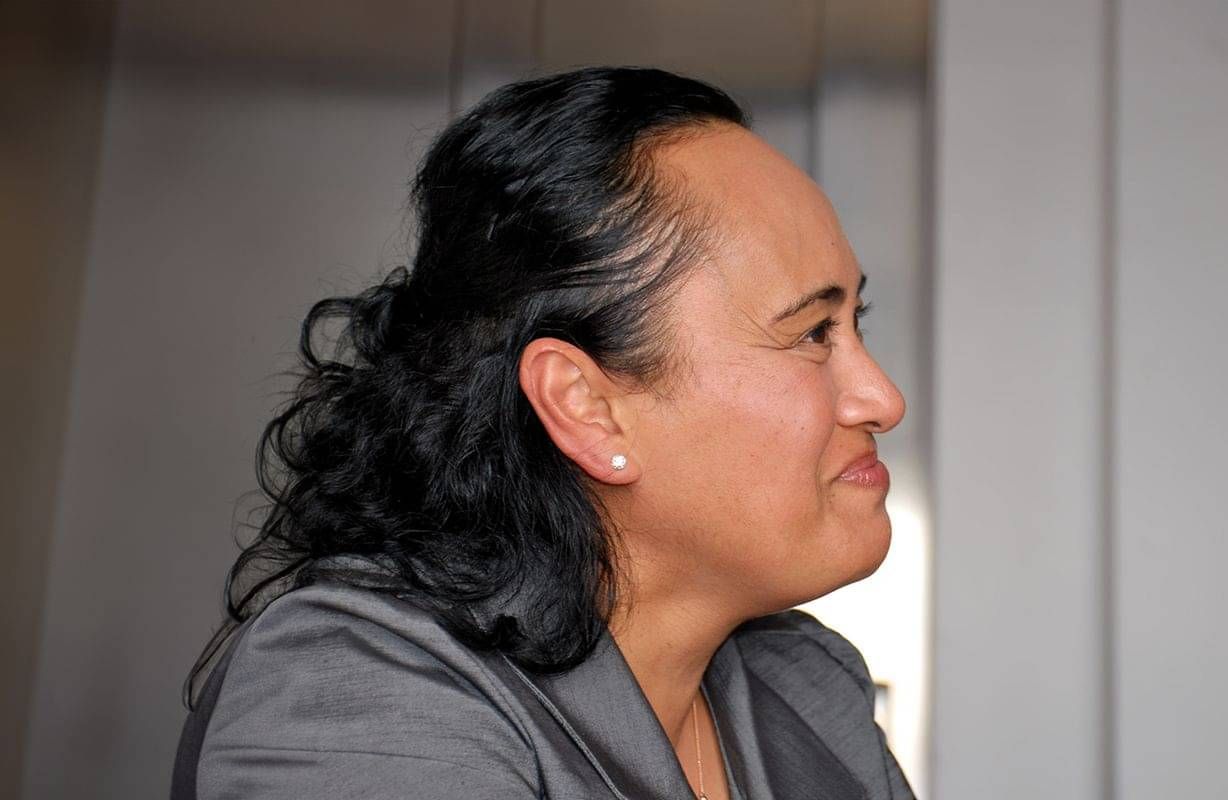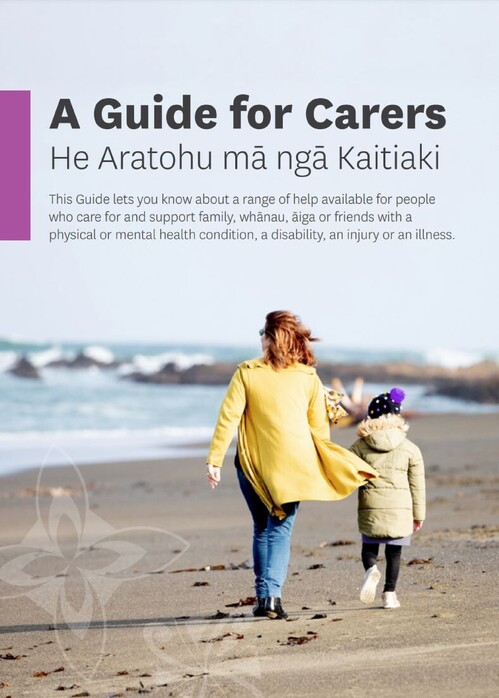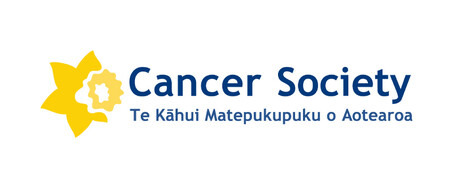Being a carer can be incredibly rewarding but also exhausting and upsetting. You may feel confused not knowing what you can do to help or if you are helping too much.
Here you will find information to help guide you as a carer so that you know what you can do to help, and resources to help you look after yourself too.



Take a look at the video featuring Trish Thomson who supported her husband Greg through his oesophageal cancer diagnosis.
Who is considered a carer?
According to the Ministry of Social Development, at least 1 in 10 people are carers. Almost two thirds of carers are also employed outside of their role as a carer.
Some people who take care of family members or friends who have cancer do not identify themselves with the carer role, and thus they don’t necessarily know what their role is. Identifying yourself as a caregiver can enable you to get proper information and support to help you cope with the conditions and responsibilities of caring for someone with cancer.
Carers may be a relative, friend or neighbour. Informal or unpaid carers make a very important contribution to the care of people living with cancer. Carers provide things like:
practical support (such as getting shopping or food)
physical support (such as getting to appointments, doing some housework or giving medications)
emotional support (providing company and understanding).
The role of the carer can differ depending on yours and your loved ones circumstances such as:
whether you are a friend, family or whānau member
whether you live in the same house as your loved one
how cancer is affecting your loved one including how advanced the cancer is and the effects of treatment
your own circumstances, such as your job or other dependants such as children who you look after.
All of the above will have an impact on what your role as a carer might look like and how much time you are able to devote.
It is important to note that just being present for your loved one when you are able can provide a huge benefit to their wellbeing and how the symptoms and side effects impact on them.
The role of the carer can be hard and exhausting and can take an emotional toll on you.
It is important for your own wellbeing, and so that you are in the best space possible to be able to attend to the needs of your loved one, that you take time to look after your own emotional wellbeing. Having strategies to support you and implementing them throughout your time as a carer can help to reduce stress and cope during the most pressing times.
As a carer there will be times that you feel an incredible weight of responsibility and may feel that you are not coping. You are not alone in feeling this way. If you do have times when you feel like this, there are a number of coping strategies that might help you.
Caring for someone who has cancer can be demanding both emotionally and physically. Sometimes a period of time for the carer to rest and recuperate can make the difference needed to be able to continue helping those you love.
Respite care is short-term planned care for carers.
There are a number of options nationwide available.
You may be able to get financial assistance to attend a respite centre.
Being a carer can be extremely rewarding but also exhausting and upsetting. Being able to talk to others who have been through, or are going through, a similar experience to yourself provide a good opportunity to share learnings, practical tips and information; and a community for comfort and support.
Support groups come in a variety of different formats from online, face to face and on the phone. Choose one that best suits your circumstances and preferences.
The below organisations provide support groups and information in a variety of different formats and are aimed at a variety different groups of people. If you know of a support group that isn’t listed below, please do let us know so that we can share it with everyone.













